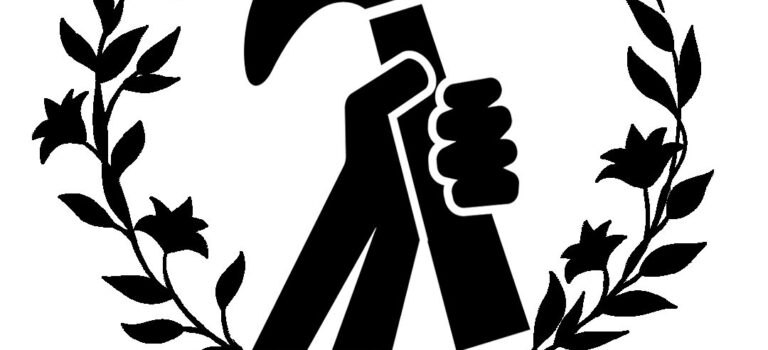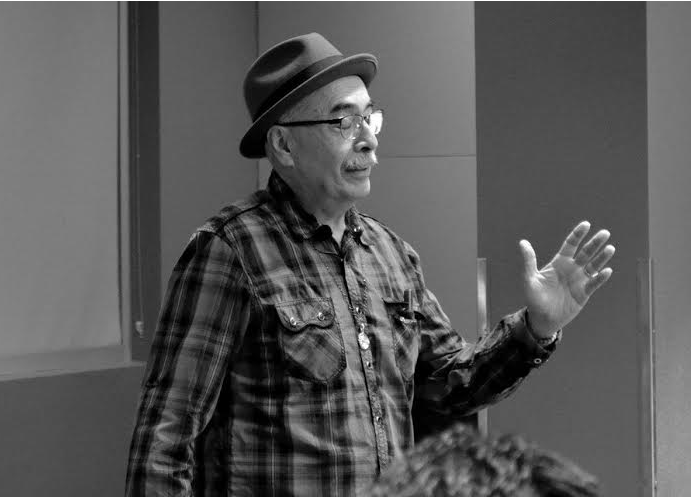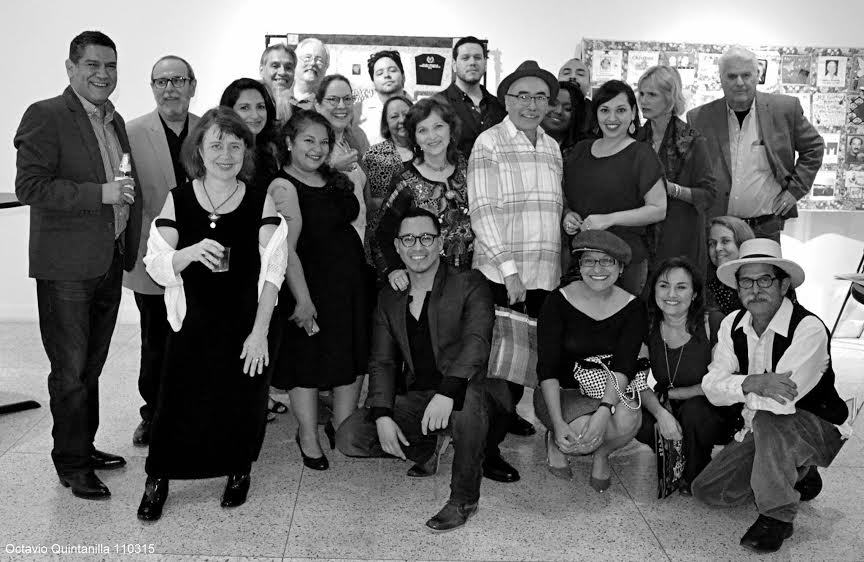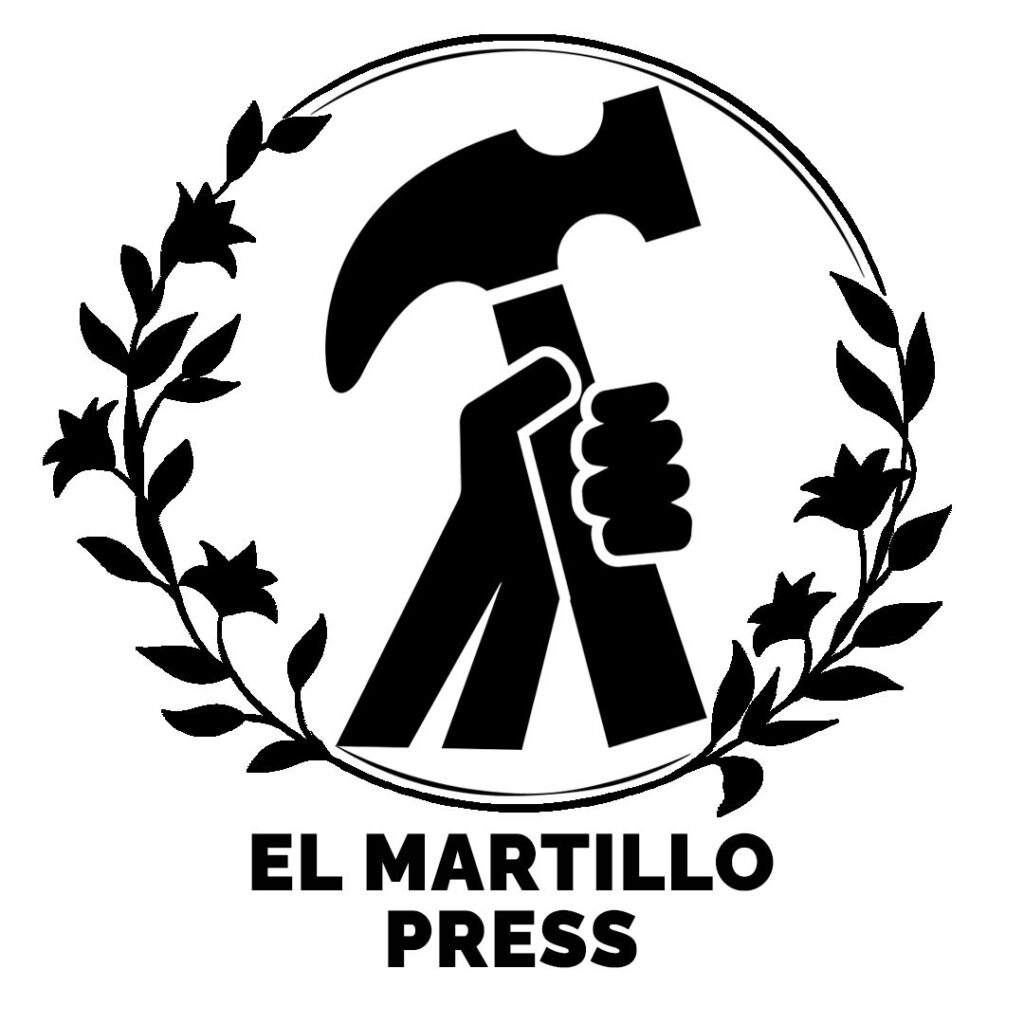
Congratulations to our friends at El Martillo Press for their launch this past June.
About El Martillo:
El Martillo Press publishes writers whose pens strike the page with clear intent; words with purpose to pry apart assumed norms and to hammer away at injustice. El Martillo Press proactively publishes writers looking to pound the pavement to promote their work and the work of their fellow pressmates. Founded in Los Angeles in 2023 by Matt Sedillo and David A. Romero, and launched with a diverse group of celebrated and hardworking writers who embody our working-class intellectual spirit, El Martillo Press maintains an editorial board that makes its selections for publishing.
The Founders

Matt Sedillo has been described as the “best political poet in America” as well as “the poet laureate of the struggle.” He is a co-founder and CEO of El Martillo Press. His work has drawn comparisons in print to Bertolt Brecht, Roque Dalton, Amiri Baraka, Alan Ginsberg, Carl Sandburg and various other legends of the past.

Editor-in-Chief, El Martillo Press
David A. Romero is a Mexican-American spoken word artist from Diamond Bar, CA. Romero is a co-founder and editor-in-chief of El Martillo Press. Romero is the author of My Name Is Romero (FlowerSong Press, 2020).
The Titles
WE STILL BE: Poems and Performances by Paul S. Flores
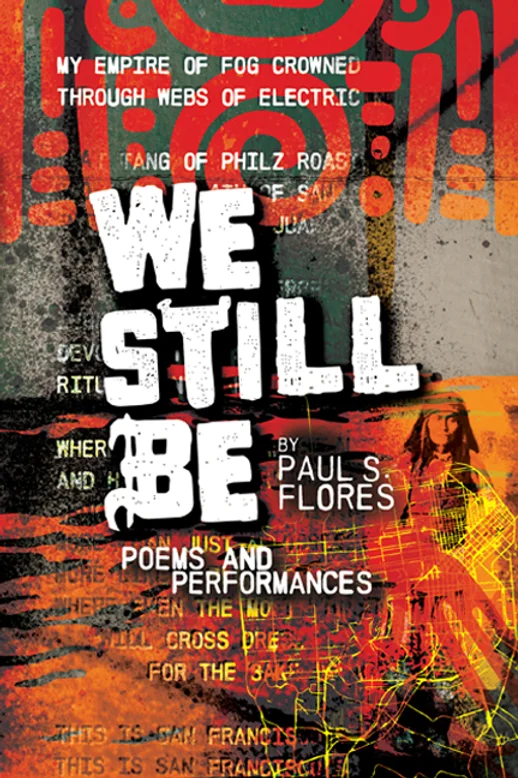
The long-awaited full-length debut of poems by the nationally-celebrated, award-winning spoken word artist, playwright, and educator Paul S. Flores, WE STILL BE: Poems and Performances, is a collection that masterfully weaves together political and personal testimonies. WE STILL BE speaks to issues of gentrification, mixed Latino identity, masculinity, machismo, incarceration, systemic racism, racial unity, fatherhood, and more.
“Paul S. Flores unlocks the hot key, the people’s voice, and the Spanglish ritmoRhythm on how to write our story. He swags us into the soul and soulfulness of our life-chapters and our plight in the USA. It is a personal mambo, a face-to-face truth riffin’ us into a “Spanglish mandala of hope,” at last. We never again will ask ourselves “Who am I?” “Who are we?” Flores is not afraid to speak of his wounds of familia-yes, he is intimate, he is loving. He escorts us through the Bay Area, land of poets, artists, musicians, and muralists-he is part of that, he is all that-and we will be as we enter this world. Don’t forget: Huey Newton, Lolita Lebrón, and José Feliciano in this salsa history bowl that will light you up all the way to feverish happiness. Flores is a master weaver, with a blazing kaleidoscopic lamp that reveals and embodies our lives. No book like this one in the last 50 years.”
—Juan Felipe Herrera, Poet Laureate of the United States, Emeritus, winner of the Ruth Lily Prize, 2022, and Robert Frost Lifetime Achievement Medal, 2023
A Crown of Flames: Selected Poems & Aphorisms By Flaminia Cruciani
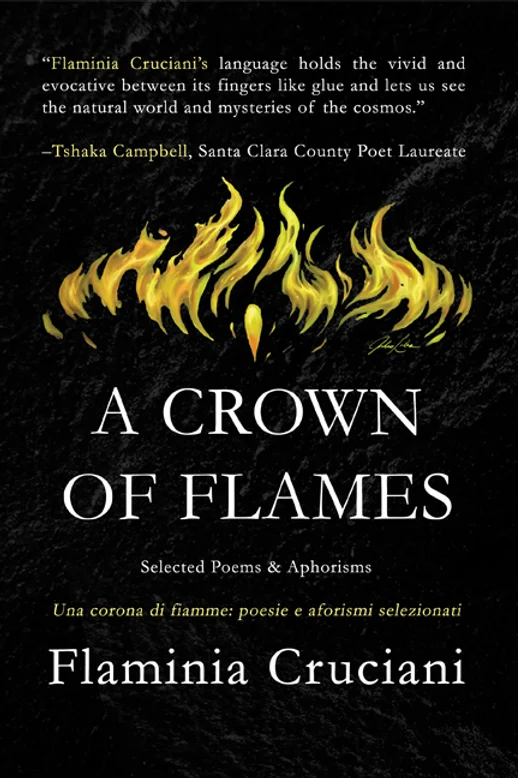
“Flaminia Cruciani’s language holds the vivid and evocative between its fingers like glue and lets us see the natural world and mysteries of the cosmos. A Crown of Flames is a celebration that delves into the mysteries of human civilization, illuminating the hidden depths of our shared human experience. Cruciani’s words evoke a sense of awe and reverence for the natural world. Each poem in this collection feels like a masterful exploration of the soul, inviting readers to see the world in new and profound ways.”
—Tshaka Campbell, Santa Clara County Poet Laureate, author of Tunnel Vision (NaturalKink Enterprises, 2018)
“Flaminia Cruciani’s A Crown of Flames is a lush, often times terrifying, mythic, end/restart of civilization-a tour of the history of literature, philosophy, and western ideals-churning images that range between pastoral and apocalyptic. A book of revelations-quixotic, Odyssean, Catholic, and quintessentially Italian.”
—Linda Ravenswood, Winner of the Oxford Prize in Poetry and Edwin Markham Prize in Poetry
Learn more about A Crown of Flames
the daughterland By Margaret Elysia Garcia
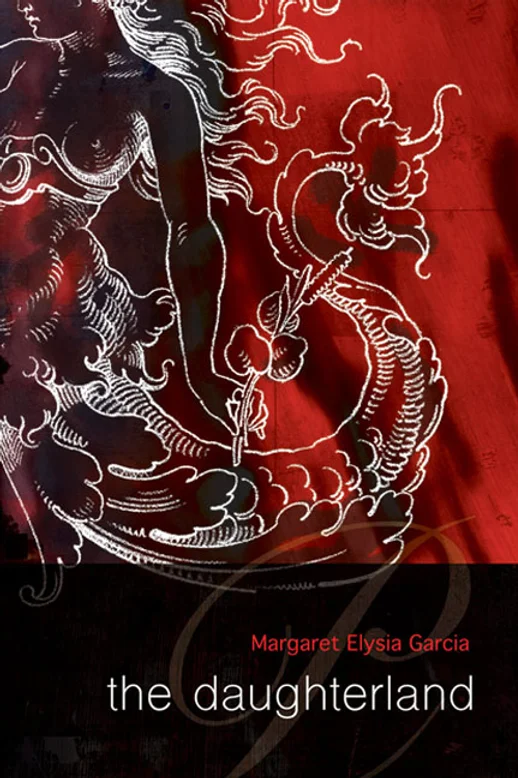
“The daughterland is a Plathian interrogation of Mexican motherhood during the regressive Covid-era by a mother who was a daughter during the arms race, Ronald Reagan, and socially-accepted toxic masculinity. Garcia’s poems are the secrets parents wish they didn’t have to keep to themselves.”
—Michelle Cruz Gonzales, Musician, professor, author of The Spitboy Tales of a Xicana in a Female Punk Band
“Margaret Elysia Garcia may be my favorite living poet, a maestra of the form. In our era of sacrifice, young blood spilled, and hummingbirds that fly too close to the sun, Garcia tenders her exquisite language, late-stage lyricism, & fullnamed, full-throated mestiza cri de cuento.”
—Susie Bright, author of Susie Bright’s Sexual State of the Union and Big Sex Little: A Memoir
Learn More about the daughterland
God of the Air Hose and Other Blue-Collar Poems By Ceasar K. Avelar
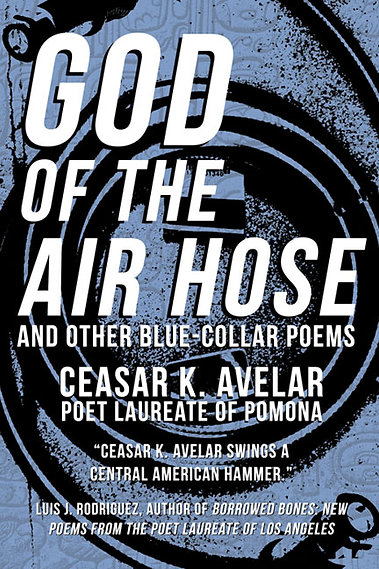
“Ceasar K. Avelar swings a Central American hammer in poems that sing the working life while also decrying the gaps and empties. He’s a powerful voice from the Central American migrant stream essential to the ‘essential workers’ risking life and family to keep economies going, even in pandemics.”
—Luis J. Rodriguez, former Los Angeles Poet Laureate, author of Borrowed Bones: New Poems from the Poet Laureate of Los Angeles
”Ceasar Avelar writes for the people in the trenches, for the marginalized, for those who sometimes feel as though they have no voice. The power of his words jump from the page. He is not writing to impress, he is writing to inspire.”
—Jeffery Martin, author of Ripples, Shadows & Huddled Scraps
Learn More about God of the Air Hose
Touch the Sky By Donato Martinez
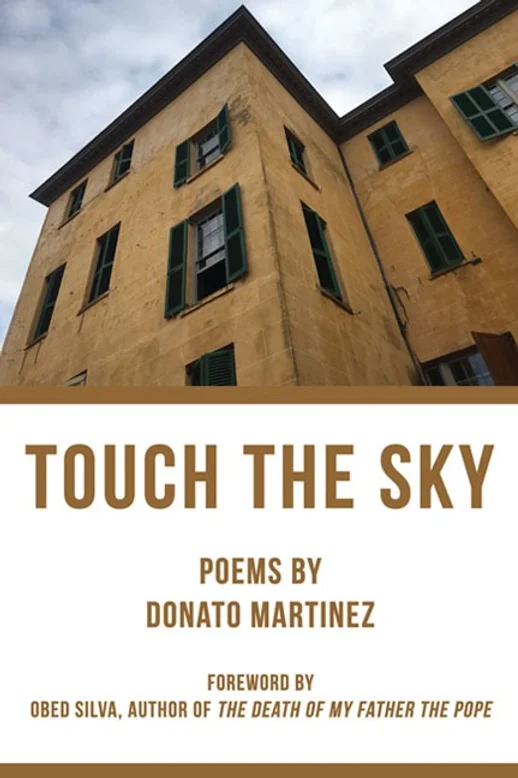
“Through his palabras, Donato Martinez presents and pays homage to the many men and women who often are excluded from our history books. He acknowledges their being, their presence, and the many contributions they make to our everyday life. Donato’s poems make sure that we recognize their sudor, their hours of excessive work, and understand that they keep our cities in motion.”
—Angelina F. Veyna, Emeritus Professor of History, Santa Ana College
“Touch the Sky is a collection of silent prayers told over the beds of sleeping children, dreams of blacktop crossovers, Dorrito sandwiches, and the return of Aztec gods. At once modern and ancient, urban and sacred, Donato Martinez’s debut book Touch the Sky mines the everyday for the profound. Martinez turns his eye just outside the window and finds heaven in the streets and alleys. This is Chicano city writing. And it’s damn good.”
—Matt Sedillo, author of Mowing Leaves of Grass and City on the Second Floor
